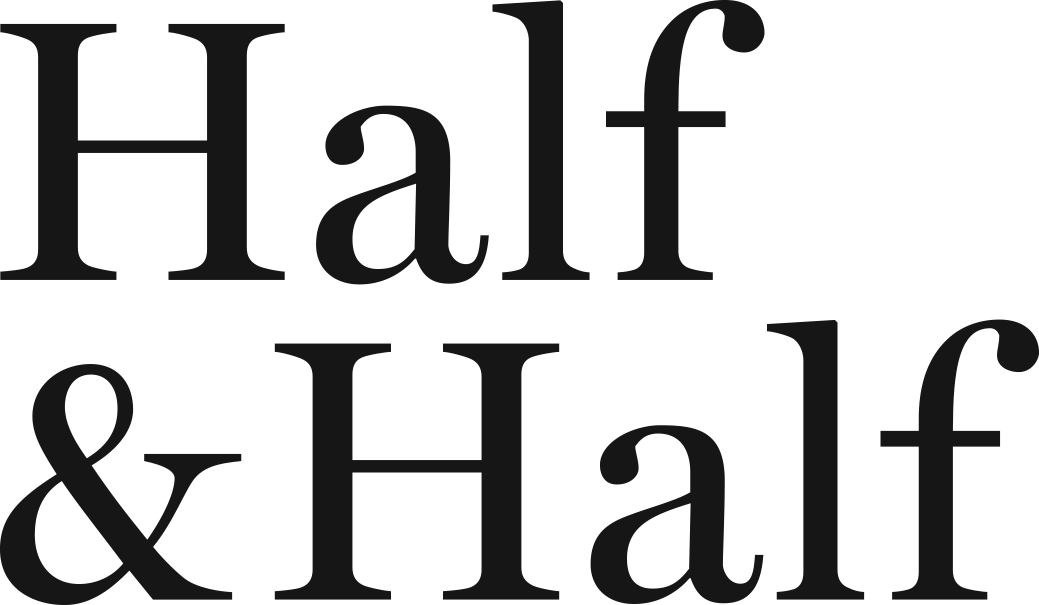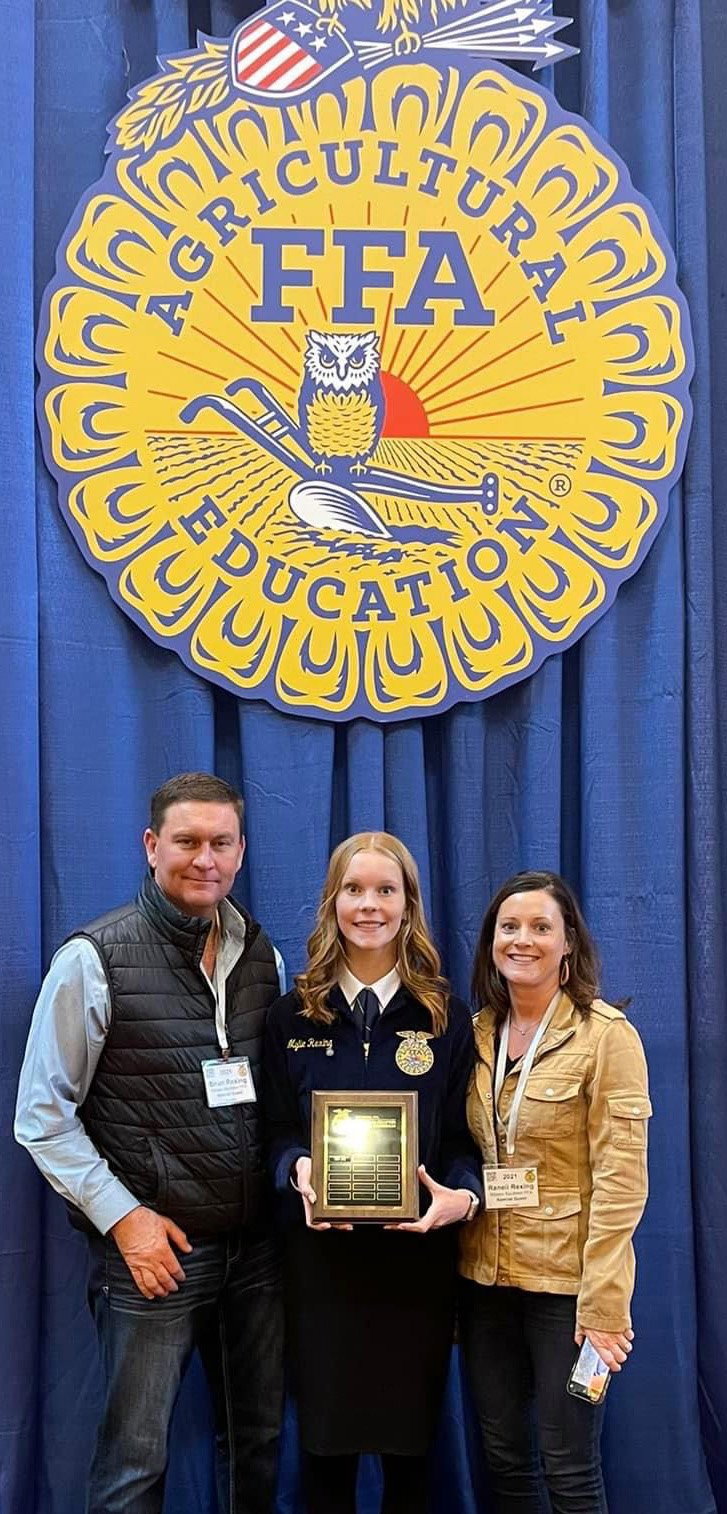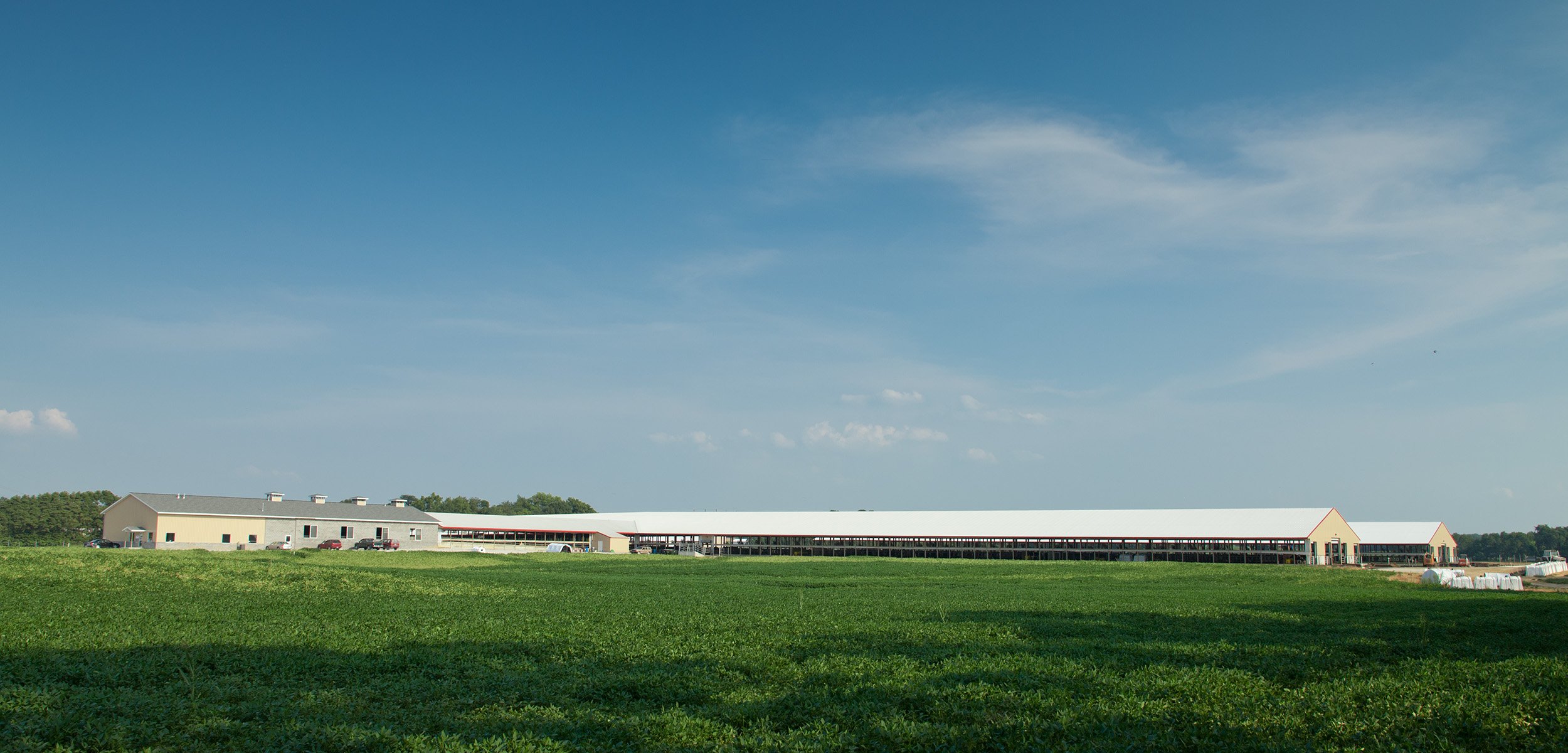Mylie's Meals to Go
/Unlike most kids her age, Mylie Rexing knows firsthand what it takes to operate a business. From idea to fruition, Mylie took what she learned in school, on her family’s dairy farm and through her involvement with FFA, a time-honored organization that exists to advance the future of agriculture, to start a business: Mylie’s Meals To Go.
For Mylie, the second oldest of the four Rexing children, her experience growing up on her family’s dairy farm has guided her dreams of one day graduating college and working in agriculture. It also showed her as a young girl what it takes to successfully operate a business.
Today, it’s rare for kids to grow up on family farms. With fewer farms producing more crops, dairy, beef and other commodities, farm life is less common. In fact, only about 1% of the population lives on farms compared to 90% two centuries ago.
When Mylie was 3 years old, her parents, Brian and Ranell, started their dairy, New Generation Dairy, just miles from the family farm Brian grew up on. Mylie and her siblings, Blair, Aleah and Case, are the fourth generation to be raised on Rexing family farms.
As is the case at most farms, with family farming comes a strong work ethic, dedication to agriculture and passion for helping communities early on. This holds true for Mylie and is the reason she chose to get involved with her high school’s local FFA chapter and ultimately start her meal kit business.
FFA is one of the largest student-led organizations in the United States, with members and chapters in every state. A symbol of American agriculture for nearly 100 years, FFA is an organization for those interested in advancing the future of agriculture, as it provides the programing and curriculum to grow the next generation of leaders. For Mylie, it’s one of her favorite organizations to be a part of, along with the nearly 735,000 other students nationwide, 45% of whom identify as female.
“I chose to get involved in FFA because ever since I was young, it was a goal of mine. When I was little, I remember going to the FFA dairy judging practices with my dad,” Mylie recalls. “My ultimate goal is to have a career in agriculture, and I know that all the activities, meetings and events through FFA will benefit me and my dream in the long run.”
The National FFA Organization’s history is deeply rooted in agriculture, so much so that for nearly 60 years, FFA stood for Future Farmers of America. While this holds true, in the late 1980s, the name changed from simply FFA to the National FFA Organization to better represent all the diverse careers essential to the future of agriculture. Just as the world has changed, the agriculture industry is a much different place than it was a century ago. FFA has evolved over the years to be inclusive to all the interests and careers that support agriculture in one way or another.
Today, more than ever, agriculture extends beyond the traditional career of production farming. It takes scientists, researchers, individuals in finance, marketing and communications, veterinarians, teachers, engineers, entrepreneurs and so many more to support a sustainable and ever-changing agriculture industry.
At the 2021 National FFA Convention, held in Indianapolis, Ind., just a few hours from Mylie’s hometown of Fort Branch, Ind., Mylie, along with her parents, sat and listened as other FFA members from across the country presented their ideas, projects and learnings from the year prior. Mylie took what she learned and brainstormed ideas for what her Supervised Agricultural Experience (SAE) could entail. SAEs are required for all FFA members, serving as a means to apply classroom principles to the real world.
You can ask any FFA student what makes for a good SAE, and you’ll find that the most common answer is finding something you’re passionate about. Mylie did just that.
Falling under the SAE category of agricultural sales, at the beginning of her junior year of high school, Mylie developed her business idea — meal kits. The inspiration stemmed from Mylie’s upbringing on the farm, including the family’s latest endeavor of owning a processing plant just down the street from their dairy farm, and her dreams of one day working in agricultural marketing.
“For my SAE project, I wanted to incorporate what I already knew,” Mylie says. “My family’s dairy and meat processing business seemed like a natural first place to start.”
Mylie’s Meals To Go include monthly meal kits — planned out entirely by Mylie — that are available to purchase for $25–$28. The kits change monthly, from breakfast themed to burger or taco night, but are always easy for busy families to pick up and have all the ingredients they need for a quick meal.
“I tried to think about what potential customers wanted or needed and landed on convenience,” she says. “Meal kits filled that need and brought new customers to the meat processing business. The kits are a win-win for everyone.”
As part of planning for her meal kit business, Mylie calculated her input costs for the meals and mapped out exactly how much she would earn in profits. For example, her third meal kit in February 2022, which was breakfast themed, included two pounds of sausage, biscuits and gravy mix, hash browns and pre-made Amish cinnamon rolls. The kits sold for $25 each, returning a $15 profit to Mylie, to which she ultimately made more than $500.
Aside from the meal kit planning, she also had to figure out a way to get the word out. Mylie’s interest in marketing led her to create social media-friendly graphics that caught the attention of her potential customers, while also teaching her a new skill. Once posted on a few Facebook pages and shared by family, friends and others around town, word got around quick, and interest was there for Mylie’s first round of meal kits. She has continued to post on Facebook, updating her graphics, timing and cadence of posts with nearly every meal kit by implementing best practices learned from the last kit.
As part of the planning process, Mylie partnered with the local processing plant and storefront that her parents bought two miles down the road. The family that previously owned it was looking to phase out of the business in the next few years, so it was a natural fit for the Rexings to buy into. The previous family that operated the plant remains involved today and helps get the word out about the meal kits, even supplying some of the beef included in Mylie’s meal kits. Mylie also has experience working at the plant’s small storefront. She works some weeknight evenings and weekends, checking out customers and wrapping meat. Eventually, she will learn the processing side of the business. The storefront is also a pickup location for the meal kits, bringing in more business to the local meat shop.
“My ultimate goal is to have a career in agriculture, and I know that all the activities, meetings and events through FFA will benefit me and my dream in the long run.”
Another component of her meal kits was a gallon donation of milk to a local food pantry, The Lord’s Pantry, per every kit sold. Mylie, a dairy kid at heart, knows the nutritional value of milk, and the fact that milk is one of the most requested but least donated items at food pantries. Mylie encouraged people to not only buy her kits out of convenience for dinner time, but as a way for purchases to give back to the community. To date, Mylie has donated nearly 40 gallons of milk and counting, and plans to continue donating milk for the duration of her SAE.
With each meal kit, Mylie adapts and caters to what her customers want. For example, after planning just a few kits, she added a local delivery option for $5 after getting requests from customers. As well, in one of her summer kits, she plans to encourage kit purchases by raffling off a $25 gift card to the meat shop to all customers.
Mylie plans to continue selling the meal kits for the duration of the year to be eligible to apply for an Ag Sales proficiency award through FFA. The award showcases the skills learned, as well as the dollar amount earned through her business idea.
Beyond her SAE, Mylie, who is about to start her senior year of high school, is just about as ambitious as they come. Elected to serve as her local FFA chapter's president next year at Gibson Southern High School, her senior year will be one of continued learning and leadership opportunities. For as long as she can remember, Mylie has dreamed of attending Purdue University® upon gradution, and now that day is fast approaching. Eager to study agricultural marketing or something similar, the Purdue University College of Agriculture scholarship recipient is excited for the opportunities ahead.
After college, Mylie aspires to work in agriculture, potentially in marketing. But wherever her path leads, this will always ring true: Supporting and advocating for agriculture will undoubtedly remain a constant in her life — whether that’s a meal kit or something else entirely.










